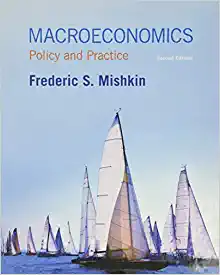Answered step by step
Verified Expert Solution
Question
1 Approved Answer
Trading Places: Two players, 1 and 2, each own a house. Each player i values his own house at vi. The value of player i's
Trading Places: Two players, 1 and 2, each own a house. Each player i values his own house at vi. The value of player i's house to the other player, i.e., to player j = i, is 23vi. Each player i knows the value vi of his own house to himself, but not the value of the other player's house. The values vi are drawn independently from the interval [0, 1] with uniform distribution.
- Suppose players announce simultaneously whether they want to ex- change their houses. If both players agree to an exchange, the exchange takes place. Otherwise no exchange takes place. Find a Bayesian Nash equilibrium of this game in pure strategies in which each player i ac- cepts an exchange if and only if the value vi does not exceed some threshold i.
- How would your answer to (a) change if player j 's valuation of player i's house were 25vi?
- Try to explain why any Bayesian Nash equilibrium of the game de- scribed in (a) must involve threshold strategies of the type postulated in (a).
Step by Step Solution
There are 3 Steps involved in it
Step: 1

Get Instant Access to Expert-Tailored Solutions
See step-by-step solutions with expert insights and AI powered tools for academic success
Step: 2

Step: 3

Ace Your Homework with AI
Get the answers you need in no time with our AI-driven, step-by-step assistance
Get Started


